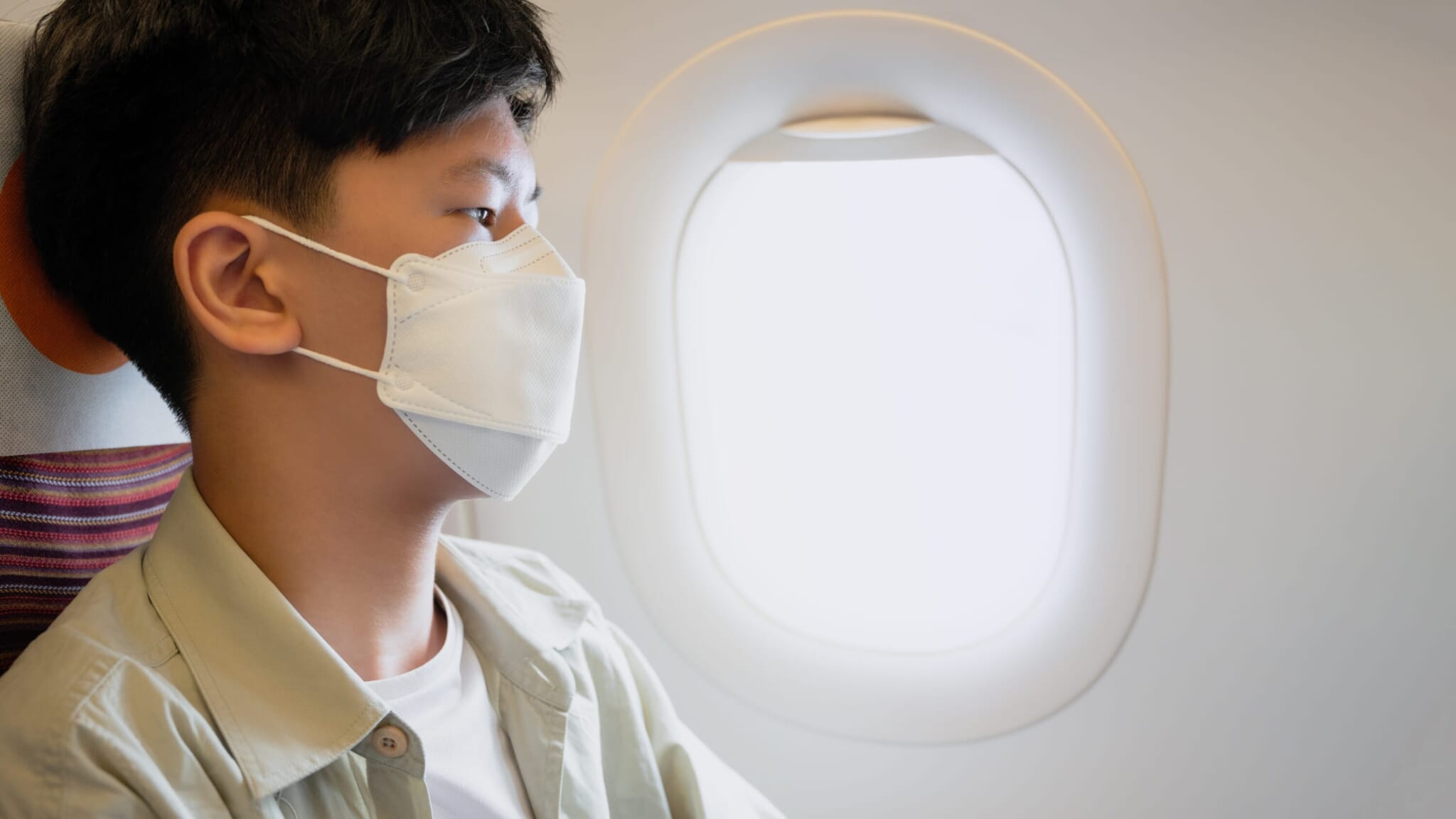The Foreign Ministry in Japan has issued a Level 1 infectious disease alert for seven African countries, advising citizens planning to visit those nations to take precautions against mpox. The advisory came shortly after the World Health Organization (WHO) announced that the alarming rise in mpox cases, including a new form of the virus identified by scientists in the Democratic Republic of Congo (DRC), constitutes a public health emergency of global concern. “A coordinated international response is essential to stop this outbreak and save lives,” said WHO chief Tedros Adhanom Ghebreyesus.
Since the new strain of mpox — known as clade 1b — was first witnessed in the DRC, more than 500 people have died of the disease. According to the WHO, the less severe clade 2 mpox strain claimed the lives of 89 people around the world in 2022. The Africa Centres for Disease Control and Prevention reported that the new mpox strain has been detected in at least 13 African countries, including the seven nations on Japan’s advisory list: the DRC, Burundi, Kenya, Rwanda, Uganda, the Republic of Congo and the Central African Republic. Sweden and Pakistan have also reported cases.

What Is Mpox?
Formerly known as monkeypox, mpox is an infectious viral disease that is part of the same family as the virus that causes smallpox. Symptoms include a rash that forms blisters and then crusts over, swollen lymph nodes and fever. It can be passed on by close contact with anyone with the infection. The International Federation of Red Cross and Red Crescent Societies (IFRC) has called on wealthy nations to provide mpox vaccines to African countries as they are in short supply. In a press conference last week, Health Minister Keizo Takemi announced that Tokyo will be supplying vaccines made in Japan as well as other products to the DRC following a request from that country.









